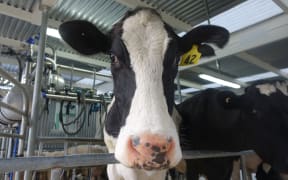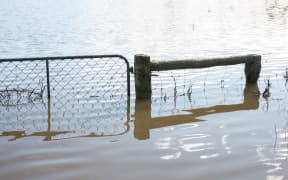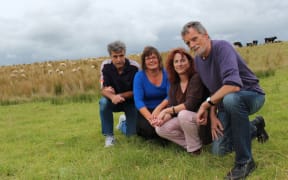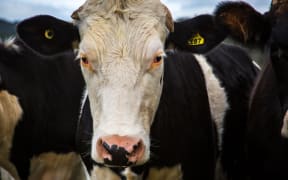The owner of a South Canterbury farm hit by the devastating cattle disease Mycoplasma bovis says all 150 infected cows will have to be put down.
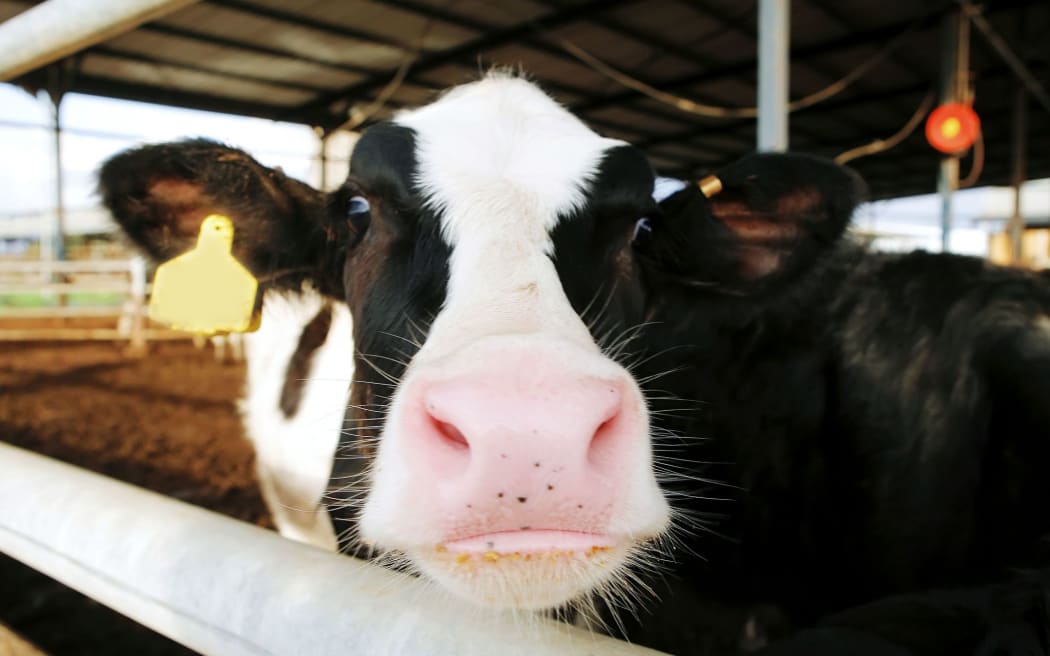
Photo: 123rf.com
Aad van Leeuwen said he had already killed about a dozen cows suffering from the potentially fatal disease, which causes mastitis, pneumonia, abortions and lameness.
"Very busy, very stressful, not only for us but also the people involved on the farm of course, more so, we're getting through things, things are under control, but there's a lot to go through and a lot of proceedings to be put in place."
Mr van Leeuwen is hoping the outbreak has been contained and said so far there was no sign of the disease at any of his other farms.
The infected cows will be sent to the meatworks for slaughter as there is no food safety risk.
The infected farm is owned by the Van Leeuwen Dairy Group, which is based in Glenavy.
It is the first time the highly contagious disease has been found in New Zealand. It causes mastitis, pneumonia, abortions and lameness and death, which can also mean significant production losses for farmers.
Farmers have been calling for Ministry for Primary Industries to kill the infected cattle and stop the risk of spreading the disease.
The ministry's Regional Controller, Chris Rodwell, said the ministry was still investigating the scale of disease through on-farm sampling and testing, and tracing of movements of stock on and off the properties.
MPI said all products from infected cows were fine for human consumption. This includes dairy and dairy products once pasteurised and all meat products.
Dr Chris Rodwell from MPI told Nine to Noon a Van Leeuwen Dairy Group farm in South Canterbury was the location of the outbreak of Mycoplasma bovis.
"I spoke to the owner and farm manager yesterday, and a collection of farm managers," said Dr Rodwell, the ministry's response leader.
"They're under a reasonable amount of pressure - they've been served with restricted premises notices. Effectively what that does is lock down their farms so they're not able to move things on and off."
The dairy group, based in Glenavy, has several farms, milks 12,550 cows and employs about 80 people.
The ministry had said this week that a South Canterbury farm was the location of the infection, but had not revealed the name of the farm owners until today.
Dr Rodwell said only only one of the group's farms was infected, but there were 16 restricted place notices on various parts of the group.
The New Zealand Veterinary Association said out of a herd of 1000 milking cows about 150 were affected.
MPI has set up an office in Oamaru to investigate the outbreak and was holding a meeting with local farmers at Glenavy, north of the Oamaru, this morning.
Dr Rodwell said the bacteria was difficult to test for and to trace, and it was not known how it had come into the country.
The disease had a long latent period and it would take "detective work" to find out where it had come from.
He said the infection was spread by stock movement and contact between animals, "nose-to-nose contact with cows", and in milk itself. It was not a human health hazard or food safety hazard, but was only an issue for cows' health, he said.
MPI is starting to carry out testing on neighbouring farms, Dr Rodwell said.
There was a range of controls, with the most extreme being culling stock.
"But the important thing is that you don't jump the gun.
"You've got people's livelihoods on the line so the important thing is to be very clear before we make any decisions about management options."
The disease is already in Australia, and the dairy industry group said it was was unknown how it got into the country.
Dairy Australia's animal health and fertility manager Kathryn Davis said Mycoplasma bovis was first found there in 2006 but could have been there for a time before it showed up.
